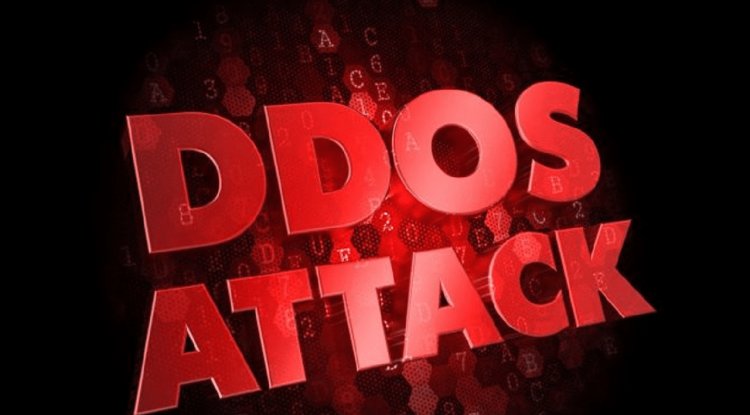The number of DDoS attacks continues to rise

The coronavirus pandemic has led to an increase in telecommuting, and something like that has led to an increase in hacker attacks, among which one of the most dangerous is DDoS (Distributed Denial of Service). That’s why the Atlas VPN team’s data is worrying, recording 24 percent growth during the third quarter of this year, compared to the same period last year. The so-called smart attacks - 31 percent!
This is worrying because traditionally the third quarter is peaceful in terms of DDoS attacks. This time it was not so and in July alone more than a thousand attacks created by cybercriminals were recorded daily. A record was set during the August, 8825 attacks on the 18th of that month.
The most frequent targets were American, in 40.80 percent of cases, followed by Hong Kong with 15.07 percent and China with 7.74 percent ...
It wouldn’t worry so much if DDoS attacks weren’t one of the most successful ways to benefit the victim. Whether it is about stopping or pausing their work, that is, causing material or financial damage.
This type of attack means preventing a computer from accessing the system by using the many dispersed resources that are mostly found on the internet. A common way to prevent access to a computer system or systems is by overloading the computer network by sending multiple requests to the server, so as to stop legitimate traffic to those servers.
The targets of DDoS attacks are mostly high-profile web servers, banks, credit card companies, and root DNS servers. The goal of the attack is to break down security systems that protect servers so that valuable information that servers store can be retrieved.
Also, these types of attacks are problematic because they are very often performed via the mentioned botnets. Botnets are networks of computers infected by a Trojan horse or worm that send a large number of requests to an IP address after a command has been sent. For the same reason, it is quite difficult to identify the perpetrator, and it is easily possible that he or she is in a foreign country.
Therefore, it should be reiterated - organizations need to invest more resources and time in the security of their systems. That's the only way to defend yourself.





































